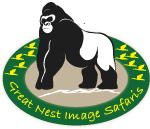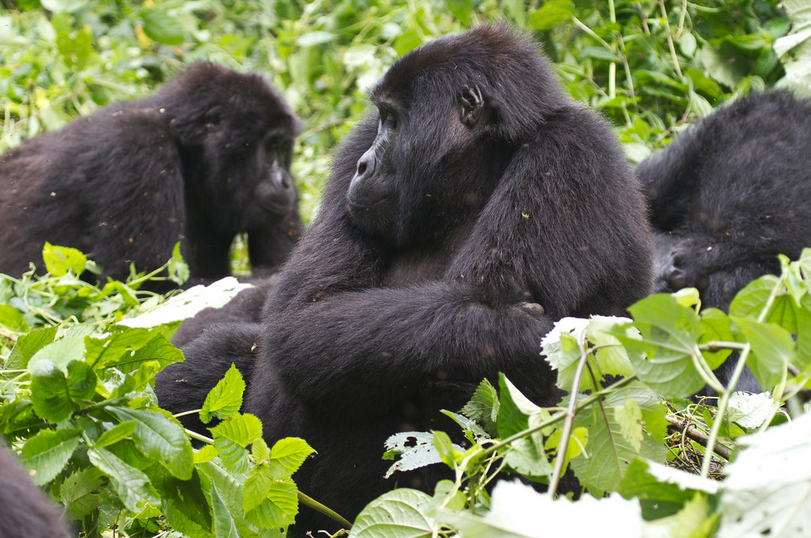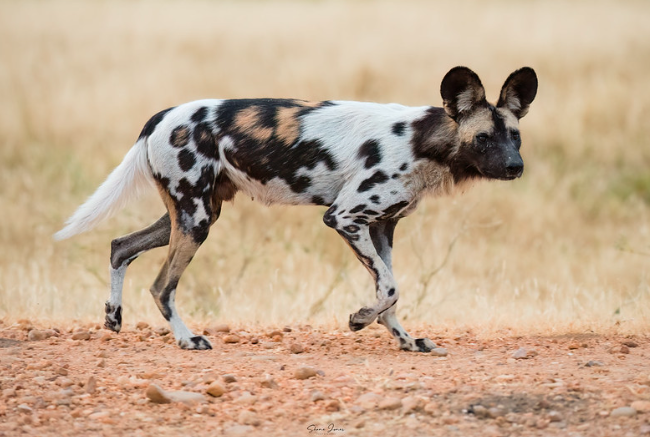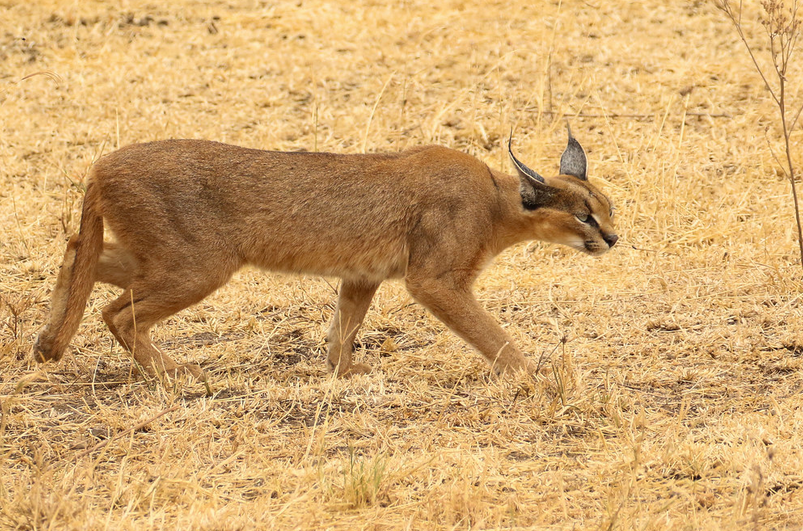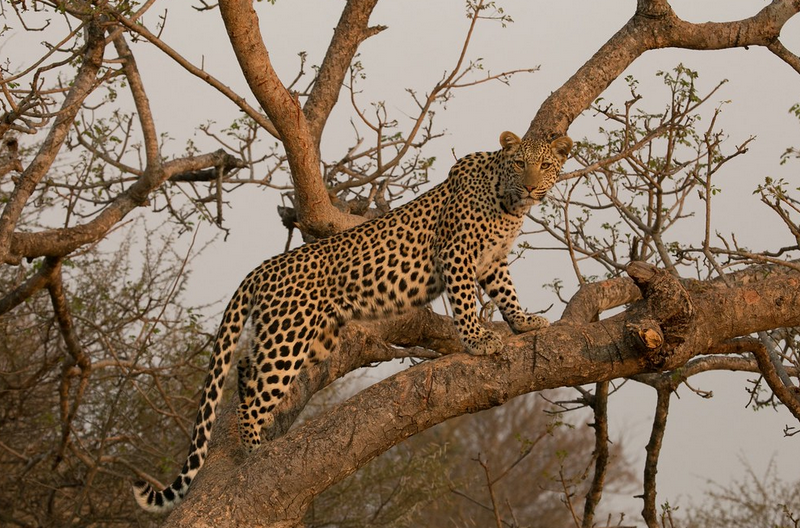Mt. Rwenzori National Park
The Mystical challenge
Park Overview:
Mt. Rwenzori National Park lies in western Uganda along the Uganda-Congo border. The equatorial snow peaks include the third highest point in Africa, while the lower slopes are blanketed in moorland, bamboo and rich, moist montane forest. Huge tree-heathers and colorful mosses are draped across the mountainside with giant lobelias and “everlasting flowers”, creating an enchanting, fairytale scene. Rwenzori Mountains National Park protects the highest parts of the 120km-long and 65km-wide Rwenzori mountain range. The National Park hosts 70 mammals and 217 bird species including 19 Albertine Rift endemics, as well as some of the world’s rarest vegetation.
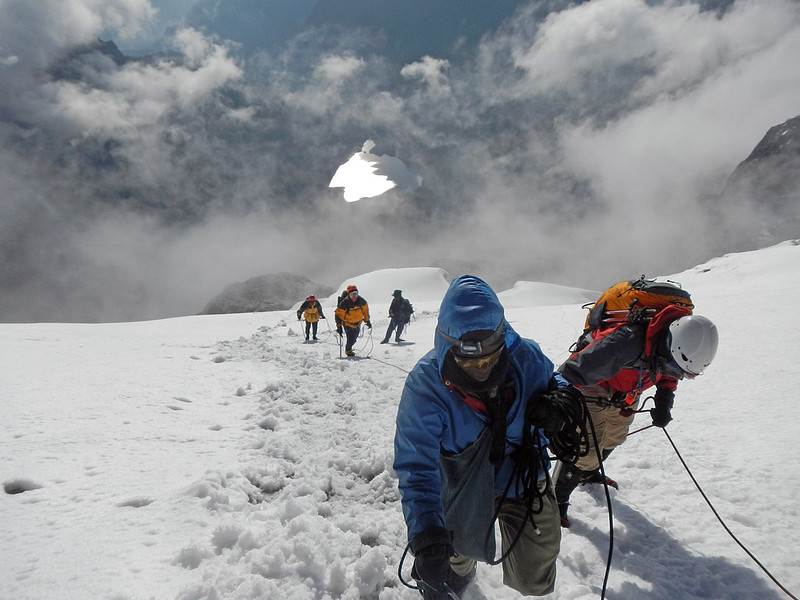
The Mystical challenge
What to do and see in Mt. Rwenzori National Park
- Hiking and Nature walks
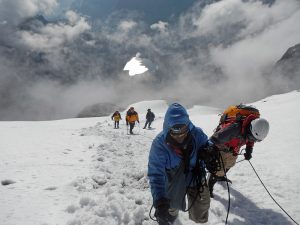
The park provides opportunity for nature walks within the central circuit zone. These include trails up to Lake Mahooma and Buraro chimp forest; walks through the communities of Kichamba to reach the Karangura ridge; and hiking to Bundibugo area through Bwamba pass.
The communities of Ruboni and Turaco View also offer guided forest walks of various lengths just outside the park. Visitors can follow the River Mubuku, and glimpse views of Baker and Portal Peaks as they hike up to 2,300m above sea level. On a clear day it is even possible to view the snowcapped Margherita Peak-a truly spectacular sight. Along the way, keep an eye out for chameleons, squirrels, vervet monkeys and many birds.
Mountain/volcano climbing
The Central Circuit Trail: This challenging, seven-day climb provides a circular tour of the high Rwenzori. From the trailhead at Mihunga, the route ascends the Bujuku Valley via Nyabitaba for acclimatization before reaching the peaks.
Kilembe Trail: The recently reopened Kilembe Trail ascends the southern slopes of the Rwenzori from a trailhead at Kilembe near the town of Kasese. The route along the lovely Nyamwamba Valley passes glacial lakes and some stunning viewpoints before joining the Central Circuit at Lake Kitandara.
Cultural encounters
Ruboni Community Camp
Discover the peaceful farming village of Ruboni, home to around 2,000 Bakonzo, in the foothills of the Rwenzoris. Walk with the villagers as they demonstrate their daily activities, from tending to their animals and crops to preparing meals with the freshest ingredients. Meet the blacksmith, traditional healer, basket weavers and storytellers, and enjoy a vibrant dance performance accompanied by lively drumming. Alternatively, your guide will lead you along the rocky Mubuku River. Ruboni means clear water in the local language of Lukonzo, and you will follow this crystal-clear stream, passing villagers carrying crops and wood.
Rwenzori Turaco View Camp Site
The tiny village of Mihunga faces the craggy, snow-capped peaks of Rwenzori Mountains. The Bakonzo tribe has lived here for over 300 years with no electricity or running water, and this community has adapted its way of life to the climate and steep green hillsides of the Rwenzori foothills. Mihunga‘s community tourism group, Turaco View, takes visitors on a cultural tour of the village. This includes a demonstration by a traditional healer, whose herb-based concoctions are believed to cure many ailments. There is also a trip to the village school, a crafts demonstration and a lively dance performance.
Bulemba-Ihandiro Cultural Trail
Follow this fascinating six to seven-hour trail through the holy valley and other sites of great cultural significance to the Bakonzo tribe. A community guide will introduce you to the traditional healer, explaining his powers, known as muhima; and to the local blacksmith, who will reveal the spiritual significance of the traditional Bakonzo stool. Basket weaving and fire making skills are also demonstrated along the route. The trail then takes you across the Kamusonge River whose waters are believed to be sweet and quick to quench the thirst. There is a break in a hut to enjoy the glorious mountain views and shelter from the equatorial sun, before embarking on the final hour-long walk to the museum, thatched in the traditional Konzo style. On display are implements used during the Rwenzururu struggle, traditional dress and the other items of historical and cultural importance to the people of the Rwenzoris.
Birding
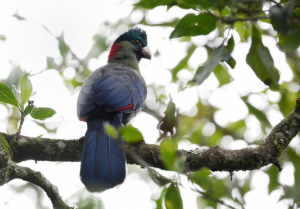
Birding opportunities are greatest in the montane forest; understandably, few species choose to make their home in the inhospitable world of the high Rwenzori. Bee-eaters, Robins, Sunbirds and Barbets are some of the 217 species found in Rwenzori Mountains National Park. Other species to watch out for include the Rwenzori Turaco and Long-eared Owl; while higher up on the slopes, Bearded Vultures, Swifts and Black Eagles may be seen circling for prey.
Best time to visit
Rwenzori Mountains National Park is chilly and wet-expect daytime temperatures of 10-15°C, with much colder nights. January-February and July-August are the driest months, but heavy rain is possible at any time, so come prepared. The best time to climb the mountain is from June through to August and from December to February.
How to get to Mt. Rwenzori National Park
By Road
The Park can be accessed using two routes;
From Kampala via Mubende to Fort portal which is 300km approximately 4hrs drive.
From Kampala via Masaka-Bushenyi-Kasese 350km approximately 6hrs drive. This route can also take you through L. Mburo and Queen Elizabeth National Park.
By Air
You can take a flight from Entebbe International Airport, land at Kasese airstrip which it takes only about 2hours and from the airstrip it takes about 30minutes drive to the park.
Accommodation in Mt. Rwenzori National Park
Luxury
- Equator snow lodge
Mid-Range
- Ihamba safari lodge
Budget
- Ruboni community camp
- Mihunga Safari lodge
- Rwenzori Back packers
- Rwenzori Turaco view campsite
- Tours Holiday Inn (Ibanda)
Below are some of our tours to different destinations in the Country
1 Day Chimpanzee Ngamba Island Tour
1 Day Source of the Nile Jinja
2 Days Murchison falls national park
3 Days Lake Mburo national park safari
3 Days Murchison falls national park
3 Days Queen Elizabeth national park
4 Days Kidepo savannah wildlife safari
5 Days Queen & Bwindi Adventure safari
6 Days Uganda wildlife & primate safari
7 Days Uganda Adventure Safari
8 Days Gorilla & Wildlife safari
10 Days Gorilla & Adventure safari
Request a Quote
Featured Tour Updates
Permit cost for gorilla trekking in Uganda
Permit cost for gorilla trekking in Uganda Permit cost for gorilla trekking in Uganda : Gorilla trekking is one...
The African Wild Dog
The African Wild Dog The African wild dog: (Lycaon pictus) also known as the African painted dog or Cape...
The Caracal (Felis caracal)
The Caracal (Felis caracal) The Caracal (Felis caracal): is a medium-sized wild cat that can run up to 50...
African Leopards (Panthera pardus)
African Leopards (Panthera pardus) African Leopards (Panthera pardus) : are one of the most feared but respected animals in...

